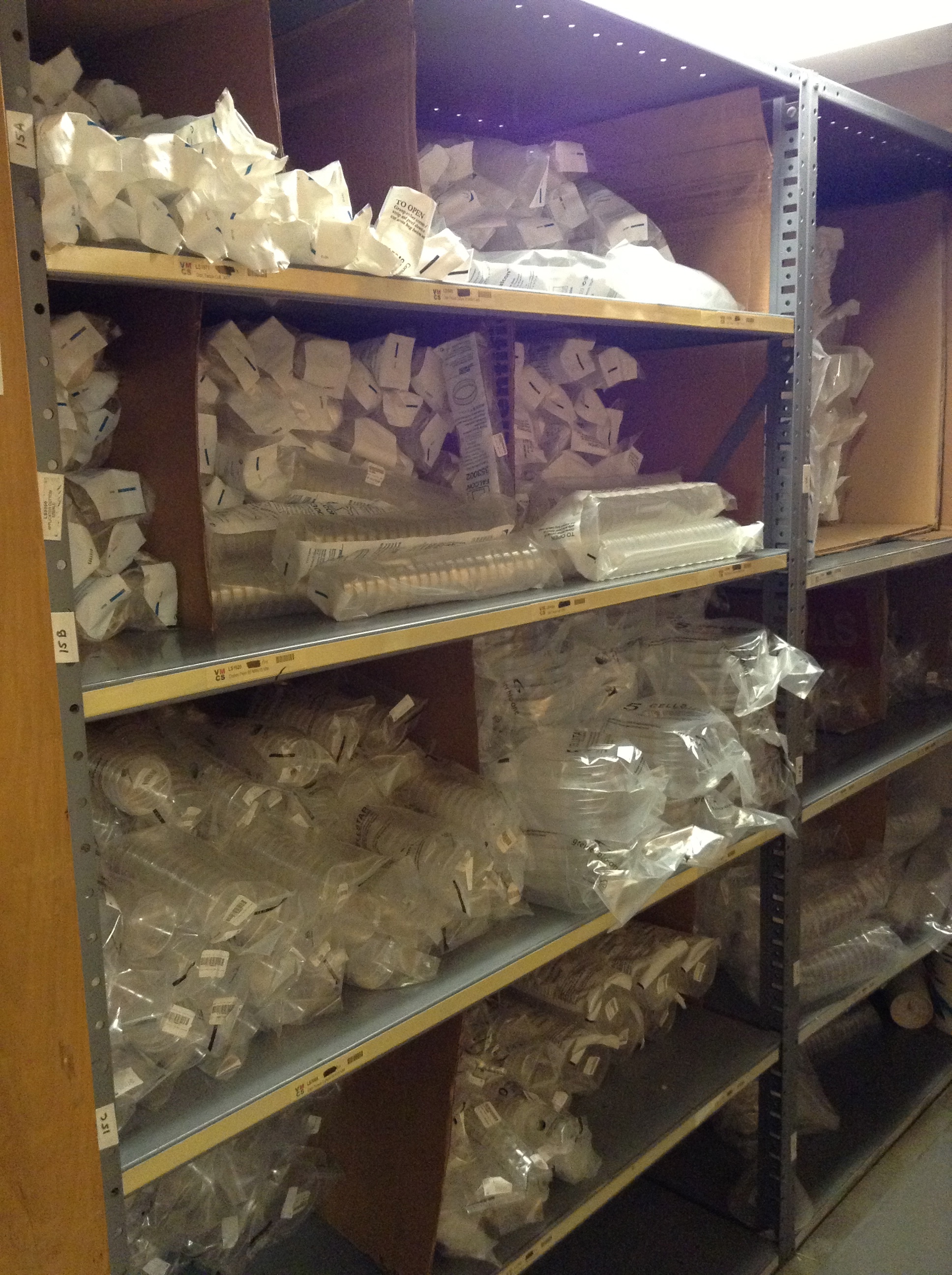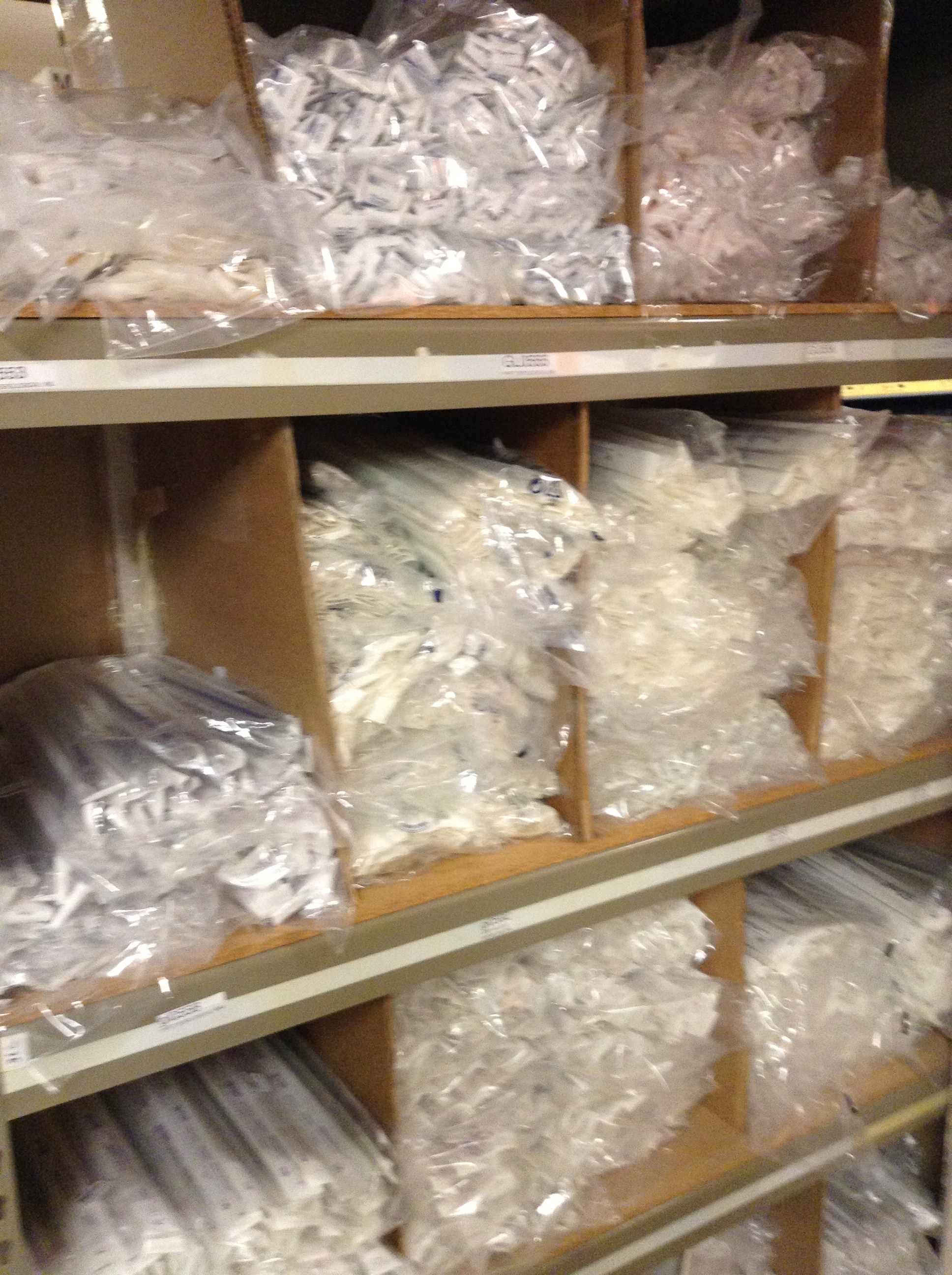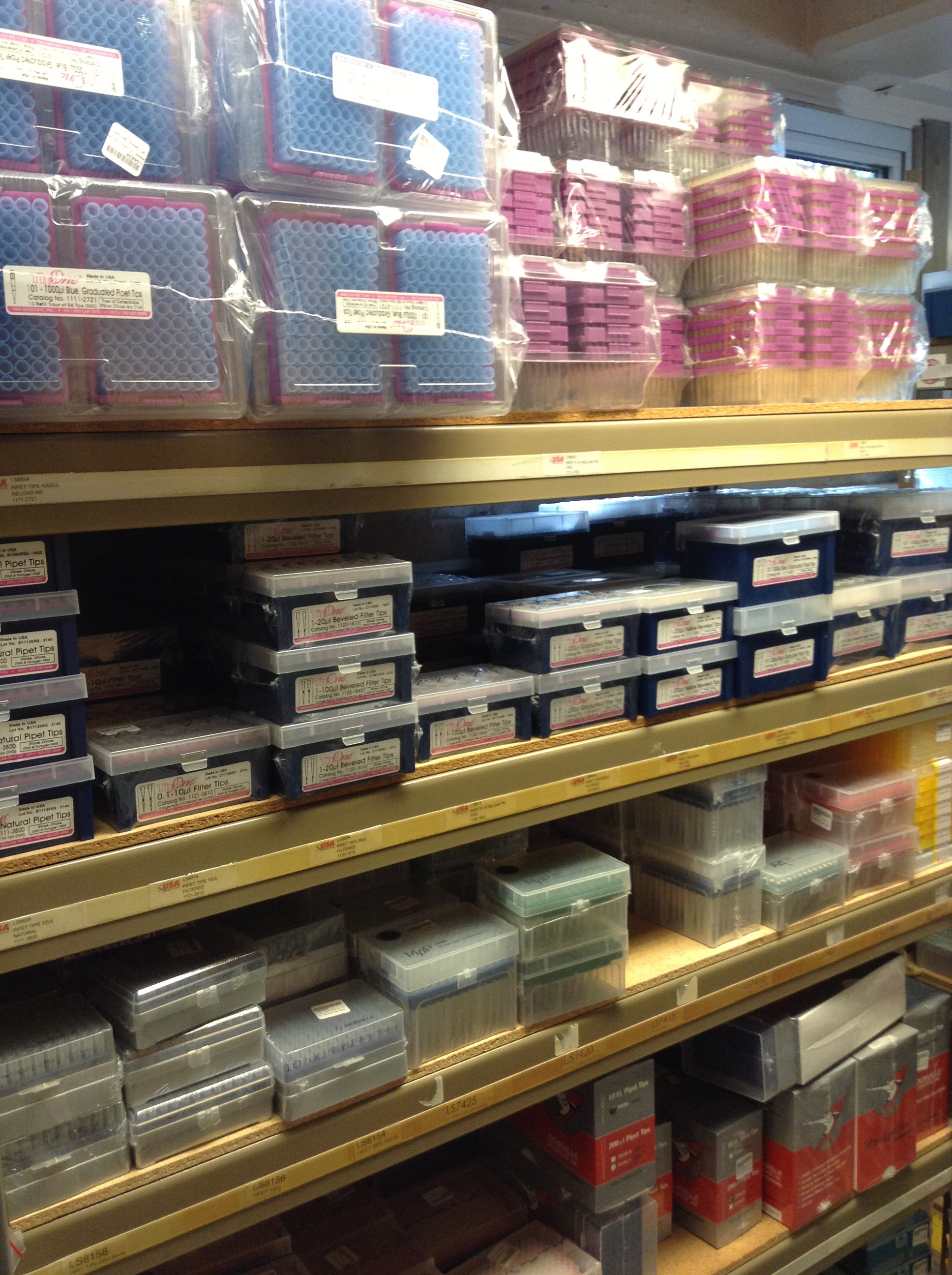Team:Warsaw/Adventure with grants
From 2013.igem.org
| Line 3: | Line 3: | ||
==Our Adventure== | ==Our Adventure== | ||
This year Team Warsaw was awarded the prestigious "Generacja Przyszłości" ("Generation of the Future") grant by the Polish Ministry of Science and Higher Education. The grant amounted to 200 000 PLN (approximately 60 000 USD) funded from "Innovative Economy" operational programme. For the first time, our iGEM Team Warsaw had such considerable financial resources at its disposal (or so we believed).[[File:Plastic3.jpg|thumb|right|Alt=A|]] However, getting funding and actually SPENDING it turned out to be two completely separate issues. While in previous years our funding was considerably more humble, we could spend it freely, as long as we didn't exceed the amount set. This year proved to be much more challenging in that respect. In order to buy even the cheapest of enzymes and reagents we were required to present offers from at least three different companies.It was also necessary to inquire each of the companies about a product - not any specific one (obviously we couldn't even mention any specific catalogue number!) but one, which met some arbitrary range of parameters. Very often the companies we wanted to get the offers from didn’t respond or took week to respond. This quasi-call-for-bids approach applied to everything, from basic plasticware, to restriction enzymes, pipettes and centrifuges. We encountered our first major problem when trying to order the medium for our cell cultures. We had to ask not three but four different companies for different offers, as one of them gave us a proposition for cheap media, which we would have to buy if we would submit all of the offers together. The thing is that the cheapest medium doesn’t mean it the best one nor the product we want and need. Our Reagents only came the 14 th of August! Hopefully our instructors lend us all the necessary testing agents so we could start working on our cell project earlier.... | This year Team Warsaw was awarded the prestigious "Generacja Przyszłości" ("Generation of the Future") grant by the Polish Ministry of Science and Higher Education. The grant amounted to 200 000 PLN (approximately 60 000 USD) funded from "Innovative Economy" operational programme. For the first time, our iGEM Team Warsaw had such considerable financial resources at its disposal (or so we believed).[[File:Plastic3.jpg|thumb|right|Alt=A|]] However, getting funding and actually SPENDING it turned out to be two completely separate issues. While in previous years our funding was considerably more humble, we could spend it freely, as long as we didn't exceed the amount set. This year proved to be much more challenging in that respect. In order to buy even the cheapest of enzymes and reagents we were required to present offers from at least three different companies.It was also necessary to inquire each of the companies about a product - not any specific one (obviously we couldn't even mention any specific catalogue number!) but one, which met some arbitrary range of parameters. Very often the companies we wanted to get the offers from didn’t respond or took week to respond. This quasi-call-for-bids approach applied to everything, from basic plasticware, to restriction enzymes, pipettes and centrifuges. We encountered our first major problem when trying to order the medium for our cell cultures. We had to ask not three but four different companies for different offers, as one of them gave us a proposition for cheap media, which we would have to buy if we would submit all of the offers together. The thing is that the cheapest medium doesn’t mean it the best one nor the product we want and need. Our Reagents only came the 14 th of August! Hopefully our instructors lend us all the necessary testing agents so we could start working on our cell project earlier.... | ||
| - | + | [[File:Plastic1.jpg|thumb|left|Alt=A|]] | |
| - | This kind of procedure was required also when we wanted to make a reservation for our hotel. Most of the hotels didn’t respond to our email and gathering the offers were hard, we had to write to over 30 hotels to get the needed paperwork, because unfortunately we couldn’t also pay by credit card and some hotel accept only this kind of payment. We had to find different places that were more expensive so that we could stay in the one we chose, this entire measure took over a month to be ended. | + | This kind of procedure was required also when we wanted to make a reservation for our hotel. Most of the hotels didn’t respond to our email and gathering the offers were hard, we had to write to over 30 hotels to get the needed paperwork, because unfortunately we couldn’t also pay by credit card and some hotel accept only this kind of payment. We had to find different places that were more expensive so that we could stay in the one we chose, this entire measure took over a month to be ended. |
Worst problems appeared when it came to large scale gene synthesis. Only one of the four companies we contacted (a relatively expensive one) agreed to begin synthesis before receiving money transfer. This did not sit well with our legal department, and it took some convincing (and more importantly time) to sign a contract with the cheapest (and relatively fast) company. Signing the contract (as well as the subsequent money transfer) were further delayed due to or legal department being severely understaffed during vacation season. Problems with gene synthesis affected our project most severely of all, leading to delays in both measurement and DNA submission (we received the first tranche of constructs merely days prior to the DNA submission deadline - at the end of September). Our second part of synthesis hasn't arrived yet (03.10.13)...[[File:Plastic2.jpg|thumb|right|Alt=A|]] | Worst problems appeared when it came to large scale gene synthesis. Only one of the four companies we contacted (a relatively expensive one) agreed to begin synthesis before receiving money transfer. This did not sit well with our legal department, and it took some convincing (and more importantly time) to sign a contract with the cheapest (and relatively fast) company. Signing the contract (as well as the subsequent money transfer) were further delayed due to or legal department being severely understaffed during vacation season. Problems with gene synthesis affected our project most severely of all, leading to delays in both measurement and DNA submission (we received the first tranche of constructs merely days prior to the DNA submission deadline - at the end of September). Our second part of synthesis hasn't arrived yet (03.10.13)...[[File:Plastic2.jpg|thumb|right|Alt=A|]] | ||
Revision as of 20:15, 2 October 2013
Adventure with grants
Our Adventure
This year Team Warsaw was awarded the prestigious "Generacja Przyszłości" ("Generation of the Future") grant by the Polish Ministry of Science and Higher Education. The grant amounted to 200 000 PLN (approximately 60 000 USD) funded from "Innovative Economy" operational programme. For the first time, our iGEM Team Warsaw had such considerable financial resources at its disposal (or so we believed). However, getting funding and actually SPENDING it turned out to be two completely separate issues. While in previous years our funding was considerably more humble, we could spend it freely, as long as we didn't exceed the amount set. This year proved to be much more challenging in that respect. In order to buy even the cheapest of enzymes and reagents we were required to present offers from at least three different companies.It was also necessary to inquire each of the companies about a product - not any specific one (obviously we couldn't even mention any specific catalogue number!) but one, which met some arbitrary range of parameters. Very often the companies we wanted to get the offers from didn’t respond or took week to respond. This quasi-call-for-bids approach applied to everything, from basic plasticware, to restriction enzymes, pipettes and centrifuges. We encountered our first major problem when trying to order the medium for our cell cultures. We had to ask not three but four different companies for different offers, as one of them gave us a proposition for cheap media, which we would have to buy if we would submit all of the offers together. The thing is that the cheapest medium doesn’t mean it the best one nor the product we want and need. Our Reagents only came the 14 th of August! Hopefully our instructors lend us all the necessary testing agents so we could start working on our cell project earlier....This kind of procedure was required also when we wanted to make a reservation for our hotel. Most of the hotels didn’t respond to our email and gathering the offers were hard, we had to write to over 30 hotels to get the needed paperwork, because unfortunately we couldn’t also pay by credit card and some hotel accept only this kind of payment. We had to find different places that were more expensive so that we could stay in the one we chose, this entire measure took over a month to be ended.
Worst problems appeared when it came to large scale gene synthesis. Only one of the four companies we contacted (a relatively expensive one) agreed to begin synthesis before receiving money transfer. This did not sit well with our legal department, and it took some convincing (and more importantly time) to sign a contract with the cheapest (and relatively fast) company. Signing the contract (as well as the subsequent money transfer) were further delayed due to or legal department being severely understaffed during vacation season. Problems with gene synthesis affected our project most severely of all, leading to delays in both measurement and DNA submission (we received the first tranche of constructs merely days prior to the DNA submission deadline - at the end of September). Our second part of synthesis hasn't arrived yet (03.10.13)...The story above is not meant as any sort of grievance or complaint. In fact the dean and all the vice deans of the Faculty of Biology have been extremely supportive. The faculty administration and financial section have also done a lot to help us over all the bureaucratic hurdles. This story should serve as an advice, so this is the advice: whenever you obtain a new source of funding make sure you know all the formal requirements long before you start planning the specifics of your project. And even then you need to be prepared for some unpleasant surprises. So always have a contingency plan. And remember, that while iGEM projects are carried out mainly during the vacation period, you would do best buying the things you need beforehand.
We would like to thank our rector Prof. UW dr hab. Marcin Pałys for his help, thanks to him our lab members that were working very hard over the summer to make this project happen and weren't listed in our grant "Generacja Przyszlosci" can attend the jamboree!
 "
"








